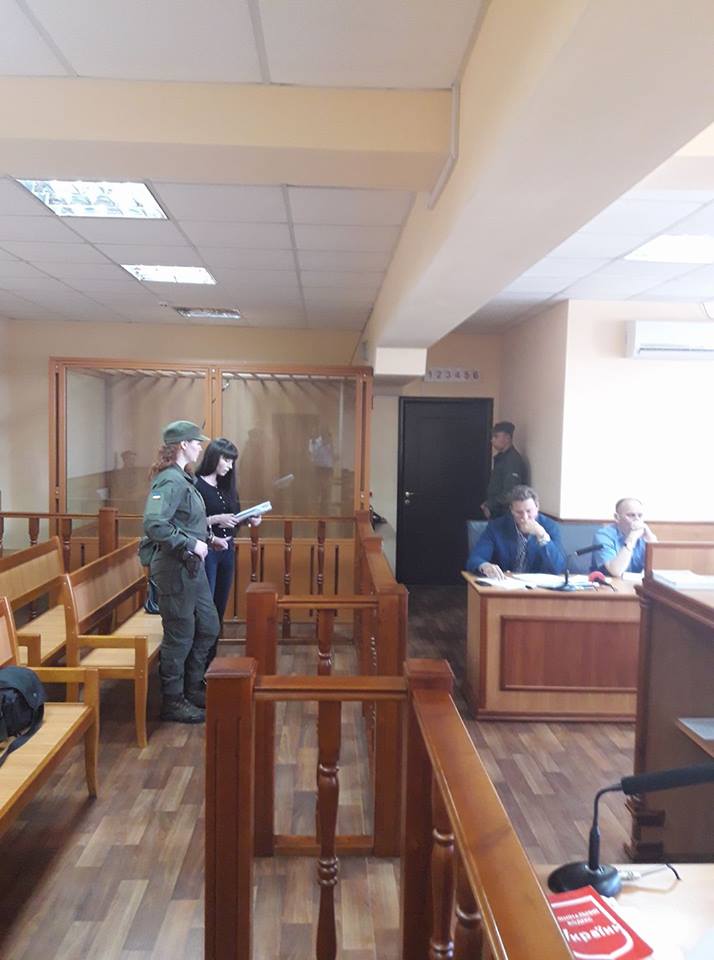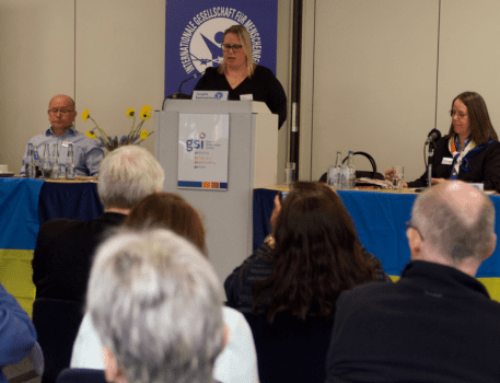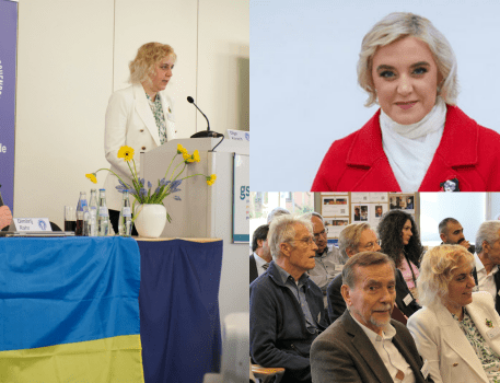Monitoring of the trial of D. Mastikasheva (court hearing 16.05.18)

On May 16th, in the Appeal court of the Dneprovsk region, consideration of complaint of office of public prosecutor took place on the decision of the first instance court about the return of indictment in the case of Darya Mastikasheva for a revision. D. Mastikasheva is a citizen of Ukraine, and resident in Russia. She is accused of high treason by recruiting veterans of an anti-terror operation in east of Ukraine (АТО) for the imitation of preparation of acts of terrorism in Russia that the Russian secret service would be able to use to discredit Ukrainian authorities. She was kidnapped and illegally detained over a few days, whereupon was officially arrested by the Security Service of Ukraine.
The course of hearing. As specified before, the Dneprovskiy court of Dniprodzerzhynsk found substantial disparity to the judicial norms in the indictment. Despite Article 291 of Criminal Procedure Code, instead of stating the charge, in the indictment it was repeatedly indicated only about the presence of suspicion in regard to D. Mastikasheva. According to the public prosecutor, such formulation is justified; because the court is suppose to charge the person on the basis of indictment.
A situation, when a court is tasked with the burden of prosecution, conflicts with both national and international law and violates the principle of impartiality of court. According to Paragraph 1 of Article 6 of the European convention on human rights and fundamental freedoms, each person, accused of crime, “has a right to a fair hearing… by an impartial court.”, moreover, a court must give sufficient guarantees “eliminating any legal doubts in that behalf”(decision of the European Court on Human Rights in the case of «Pescador Valero v. Spain”). Thus, situation in which the office of public prosecutor formally refuses to accuse D. Mastikasheva, and limits itself to suspicion, forces the court to take on the role of the accuser, on the basis of indictment which violates the Criminal Procedure Code.
The decision of appeal court to satisfy the appeal of public prosecutor and to cancel the decision of the first instance court causes concern. The experts of International Society for Human Rights note, that it took one and a half months for consideration of petition of appeal, which considerably exceeds time necessary for making corrections in an indictment, because (according to an advocate), only three words were supposed to be changed in the text of the indictment. Such judicial error afterwards can become a reason for abolition of decision of court on that case.
The experts of International Society for Human Rights will continue monitoring of this trial. Previous materials can be viewed here.
ISHR Expert council








Leave A Comment